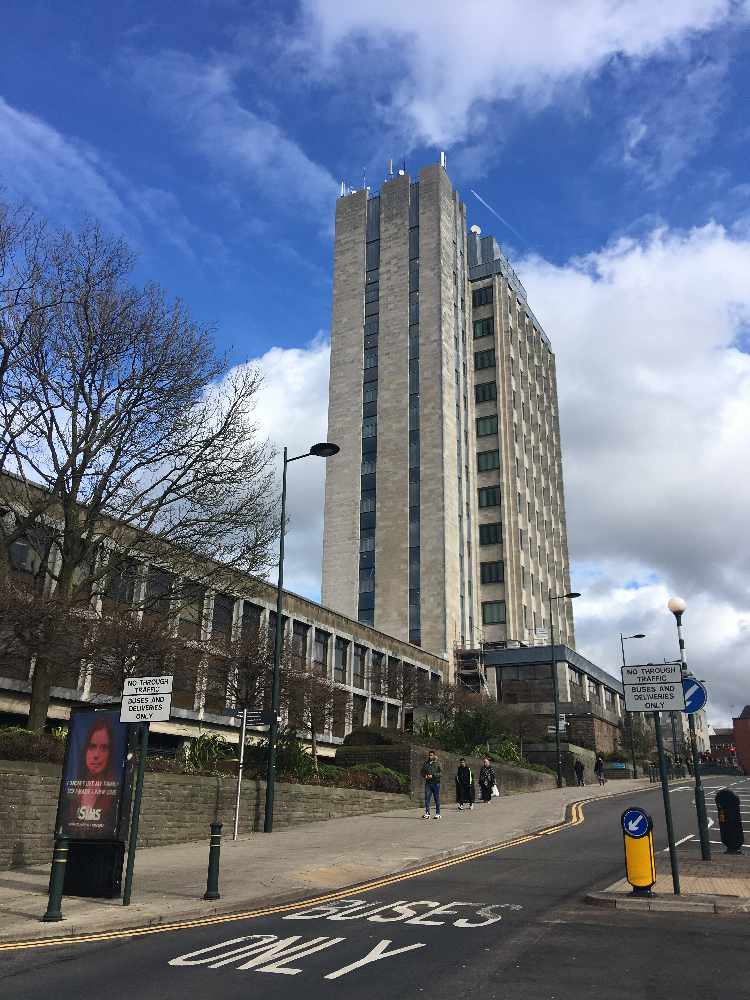
Last week, the Local Democracy Reporting Service revealed a ten-year-old boy had been hospitalised with ‘potentially life-threatening’ symptoms due to staggering neglect.
Readers expressed their ‘heartbreak and shock’ about the case, which saw ‘Abdur’ admitted with malnourishment, anaemia and scurvy. For several weeks, the boy from Oldham had been sent to school with little more than ‘dry, on one occasion mouldy, bread and water’.
That’s when he appeared at school at all.
Hundreds commented on and shared the story and one question kept coming up again and again: How could this happen?
It’s clear there were significant failures by a number of different agencies involved in Abdur’s care. The case was littered with ‘missed opportunities and oversights’ by the local authority and medical professionals, a safeguarding review found.
The council has since made major changes and improvements in the two years since the case took place, according to a spokesperson.
Abdur was already under a care order with social services due to his mother’s ongoing struggle with a heroin and crack cocaine addiction. And social workers were even in the process of trying to ‘step down’ the boy’s care plan, believing that everything was going well.
But it wasn’t. Over several months, Abdur’s health deteriorated. He became thinner and more irritable. He was in constant pain in his gums and legs due to scurvy – a disease caused by a lack of vitamin C.
Despite telling his social worker he felt ‘unhappy and unwell’, his version of events were often ‘explained away’ by his mum.
For several months, Abdur’s decline in health was missed by social workers and doctors alike. Only hid school flagged concerns about ‘rapid weight loss’ and signs of neglect like uncleanliness and ‘arriving at school unkempt’ to social services a total of 38 times before the hospitalisation.
“The court had already granted a care order to the local authority in respect of Abdur which means that even though he was still living with his mother, social services had the ultimate say – and responsibility – when it came to his needs being met. That’s what makes this case so concerning,” explained an experienced social worker from another borough, who asked to remain anonymous out of respect for the families she works with.
“[It seems] the local authority’s focus was on whether the mother was complying with her addiction recovery programme (which she was) rather than on the impact on the child.”
Many wondered why Abdur wasn’t removed from his family earlier and was returned to live with his mum and stepdad after the hospitalisation. One reader, Maria Bernasconi, said: “A care order won’t stop neglect if 38 referrals couldn’t stop the neglect. How many more children will die when there is clear risk of serious future harm and death by returning them to the hands of the people who neglect them?”
While Linda Cuthbertson, commented: “Shocking that all these services were not doing their job, what are they getting paid for? This boy should have been removed from his drug taking parents long ago.”
But the case is not always so clear-cut – even if social workers had done everything right.
“Neglect is one of the most challenging kinds of harm,” the social worker said.
“Contrary to what many people think, it’s in the interests of the council to keep children with their families, so these concerns can go on for many years with social care ‘topping up’ the care of a child so that it’s at a good enough level.
“For the courts to grant removal from a parents care, the local authority needs to evidence that the child is at immediate risk. [So] social workers have to evidence a cumulative impact of this neglect on the child, which can be difficult.”
Abdur’s story has made an impact on the local community, with many raising calls for universal free school meals, more regular health checks for kids, and greater checks and balances for social work.
“I’d happily pay more tax to know it’s feeding our children,” said Tegan Molyneux commented. “The heartbreaking reality is it happens a lot more than what people realise, abuse and neglect is VERY common.”
Aisha Alam called Abdur’s situation ‘absolutely shocking’ and said: “Scurvy these days is incredibly rare. If 38 reports of concern were ignored, that points to a serious systemic failure in protecting a known at-risk child. Whoever decided to overlook these warnings should face serious consequences.”
Others called for greater compassion – both for kids, bravely trying to raise the alarm about their abuse and too often dismissed, but also for parents fighting the dark spiral of addiction.
Rebecca Ashton said: “I think this poor boy has been failed by a lot of people through his young life. Heartbreaking for everyone. Surely the mother also needs help and hopefully she gets it.”
Cllr Shaid Mushtaq, Cabinet Member for Children and Young People, said Abdur’s case was ‘deeply distressing’ and that his thoughts were with the boy and his family.
Cllr Mushtaq said: “No child should ever have to experience what they went through, and as a council we are truly sorry for the pain and trauma they have suffered.
“The safeguarding reviews make it clear that while there were professionals who showed real dedication and care, there were also areas where we should have done better. We have taken these findings extremely seriously and acted on the learning points identified.
“Since these tragic incidents which took place several years ago, we have made significant changes to strengthen our safeguarding work. That includes earlier identification of risk, better coordination between agencies, and a renewed focus on making sure that every child’s voice is heard, understood and acted upon.
“Oldham’s safeguarding partnership now operates with greater oversight, stronger challenge, and clearer accountability. But we know that improvement is a continual journey. Our priority remains the same, to protect every child, learn from every case, and make sure that the mistakes of the past are never repeated.”


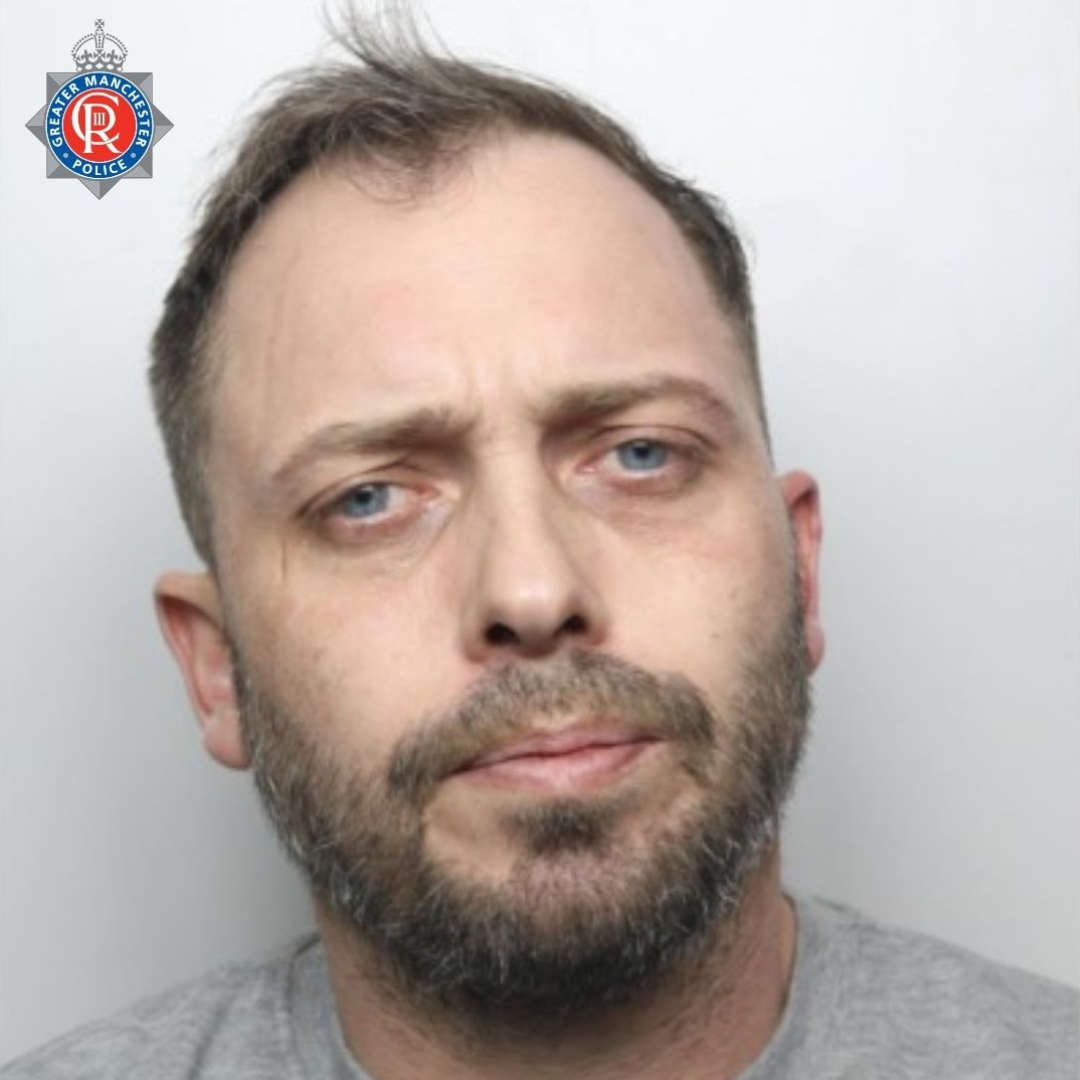 Man jailed after a violent and premeditated attack
Man jailed after a violent and premeditated attack
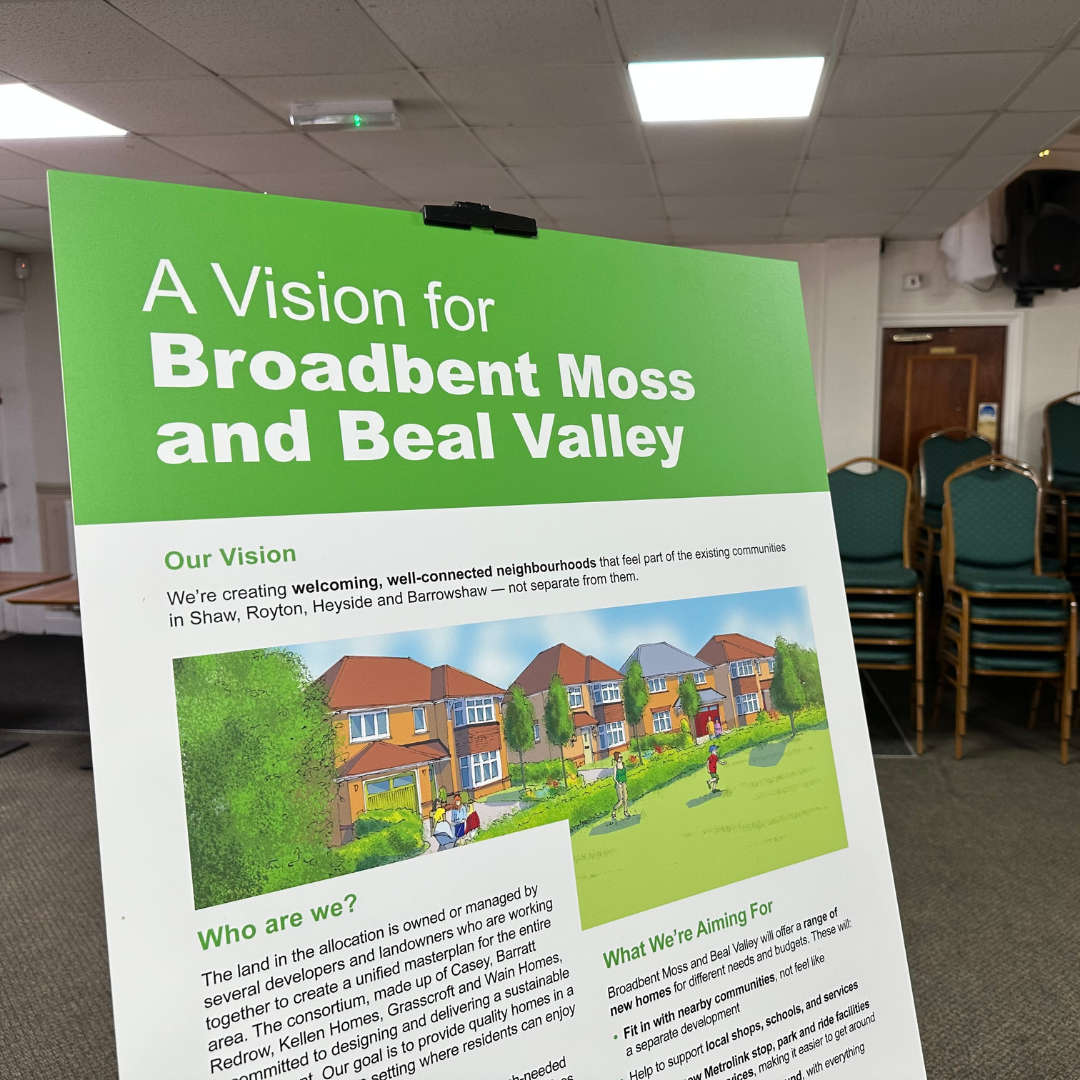 Consultation on Broadbent Moss and Beal Valley plans – for second time
Consultation on Broadbent Moss and Beal Valley plans – for second time
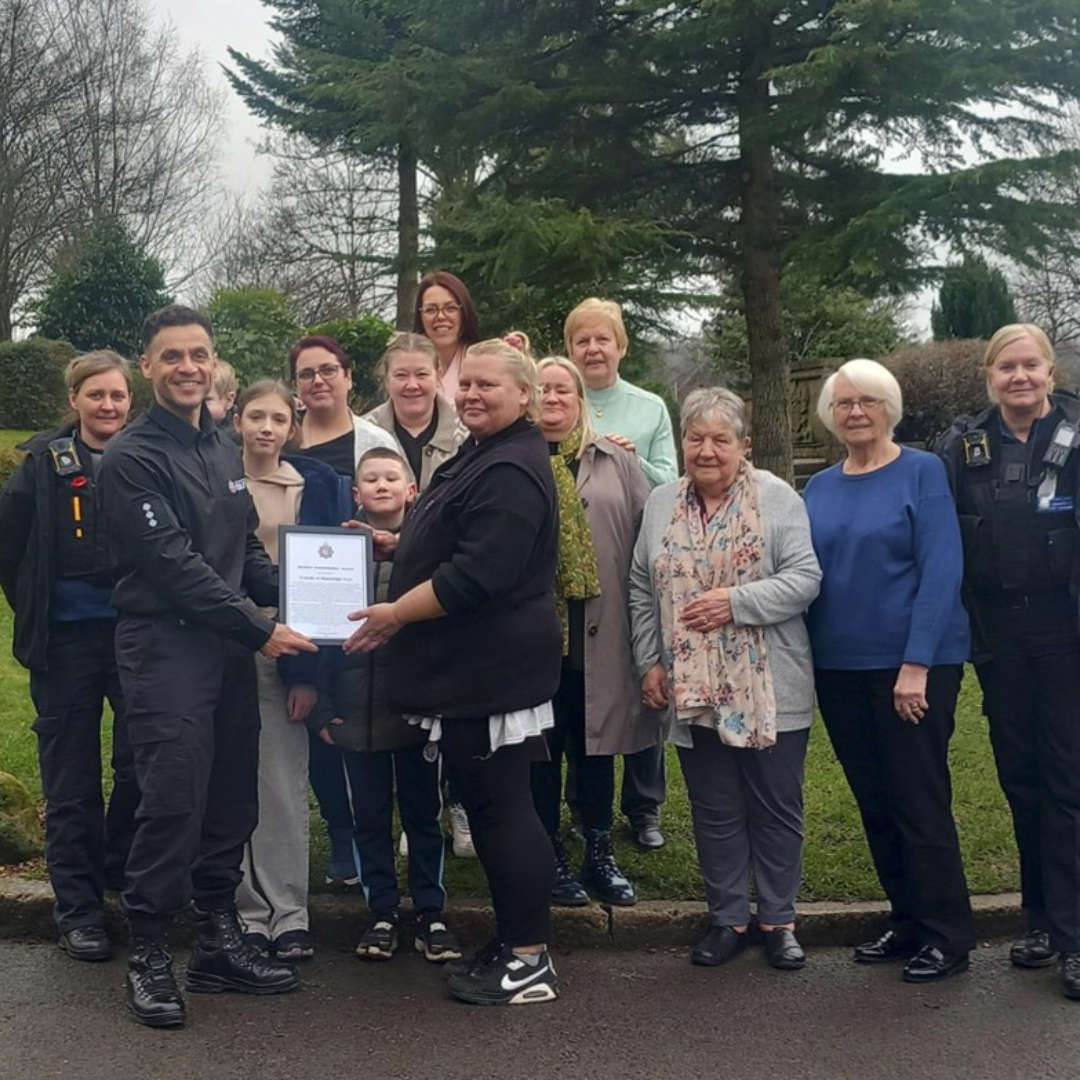 Derker community group recognised for support of Vulcan partnership work
Derker community group recognised for support of Vulcan partnership work
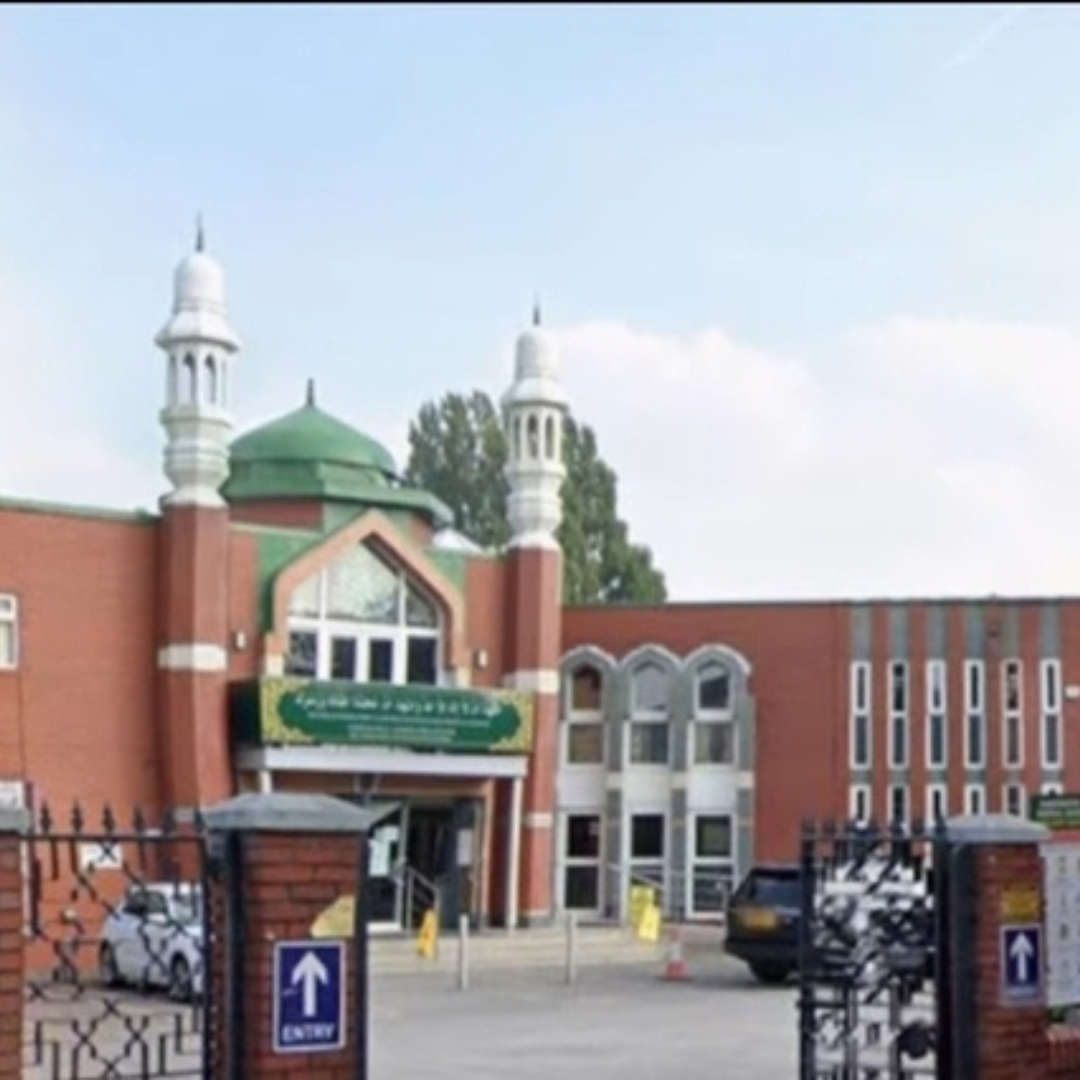 Second man arrested in connection with Manchester Mosque incident with local councillors expressing shock
Second man arrested in connection with Manchester Mosque incident with local councillors expressing shock


